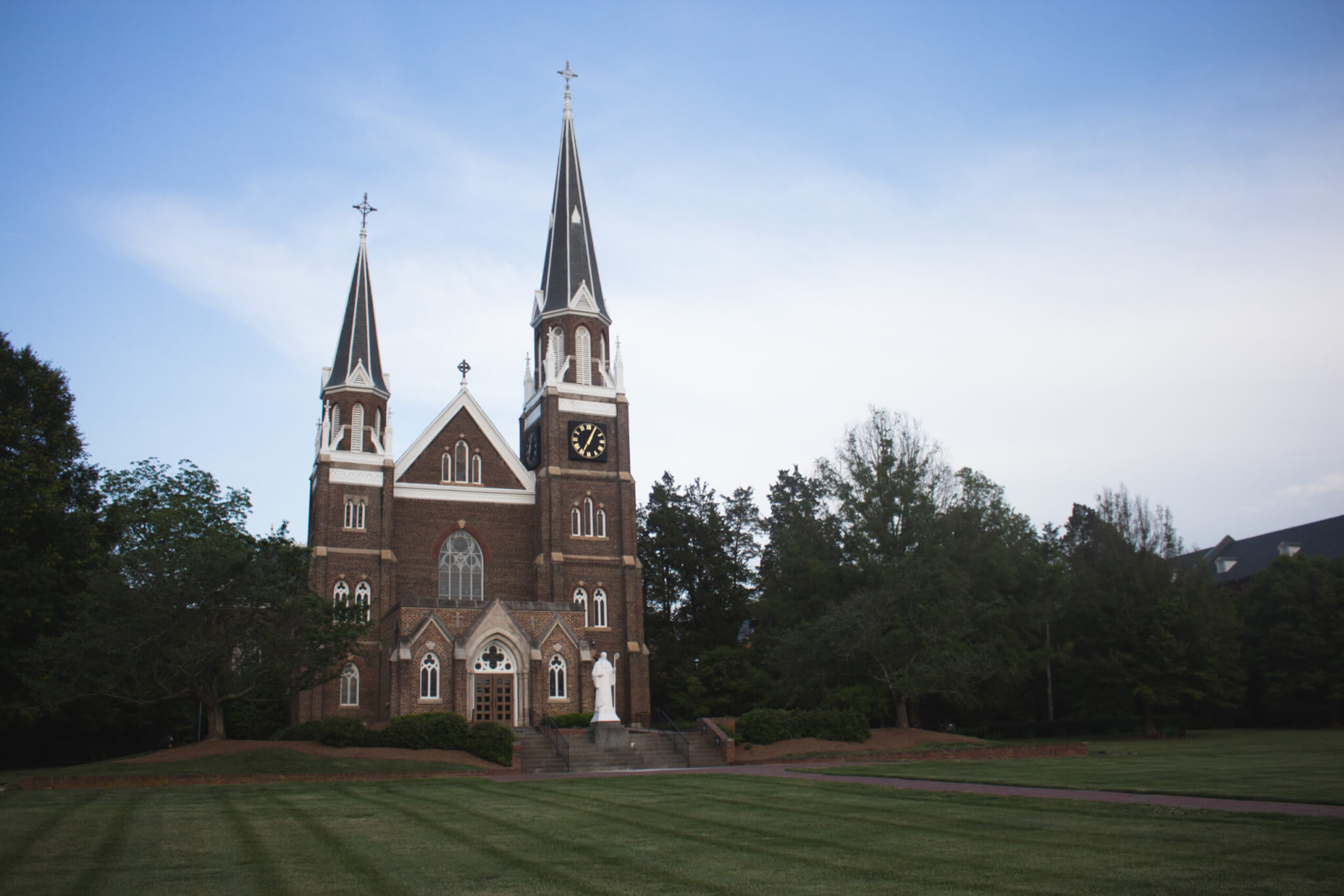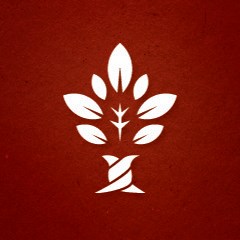College Profile: The Honors College at Belmont Abbey

Dean Wysocki, head of the Honors College at Belmont Abbey, developed this small college-within-a-college with high aims, confident in God’s revelation and man’s ability to discover truth and contemplate universal questions. The students who have completed the program affirm this assertion, frequently graduating with less stubborn confidence in unjustified opinions and greater confidence in their ability to hold uncertainty and seek truth without presumption. Of course, this bleeds into class discussions and personal relationships, where they are slower to speak and quicker to listen, humbly allowing the possibility that they may be wrong.
In speaking with Dr. Wysocki, I saw clearly that he sought truth, growth, and fruition for himself and all of the students in the program. When discussing his goals for the program, both in creating it and envisioning the future, he consistently mentioned the students’ happiness and spiritual growth – the development of the whole person. While our conversation ranged from describing fun campus activities to the spiritual lives of the professors to excellent texts in the curriculum, it always returned to these fundamental principles of happiness and fruition. Clearly, he designed the program to honor both the Tradition and the contemporary child.
Dr. Wysocki opened the program at Belmont Abbey in 2018 after ten years teaching at the College in the Political Science department. He lives nearby with his wife and five kids, which advantageously allows him to host dinners for his co-workers and students or even invite students on fishing trips.
Many elements make the program unique: the inclusion of monks and monastic patterns, coherence within the curriculum, emphasis on the students’ happiness and fruition, and degrees to which the program can be done. All these compose the crux of the program’s beauty: offering a Catholic Classical Liberal Arts education within an intimate context.
Originally founded by monks, Belmont Abbey College has evolved around a monastery, blending the rigorous academic expectations of a Classical Liberal Arts education, the meditative spiritual life of a monastery, and the intimacy of a small, active community. The Catholic roots spread into the classrooms as well, where students discuss fundamental questions of faith and spirituality while reading great works of literature and philosophy. Despite this deep religious devotion, about half the students are not Catholic. Dr. Wysocki enjoys this and notes that the students all benefit from a wide array of viewpoints, for multiple views aid discussion and help all to better see truth. He also notes that the great books read and discussed in the program ask universal questions that every age and individual must ponder, regardless of religious affiliation.
Dr. Wysocki says education aims to help the students attain true happiness, noting that few can correctly identify what truly leads to happiness and how they might attain it themselves. For this reason, the curriculum and activities outside the classroom foster greater understanding of the world, God, and the self. They also intentionally incorporate contemplation of the True, Good, and Beautiful both inside and outside the classroom. Sometimes they even go to Charlotte to see performances like the symphony, ballet, or Shakespeare as a class. Wysocki notes this contemplation of truly human and excellent things in community also leads to friendship, one of the most important elements for education. He hopes that in college, the students can grow in virtue and friendship, leading toward a more truly fulfilled and “happy” life.
The texts within the curriculum focus as intentionally on the fruition of the human soul as the relationships and spiritual elements of the program. Should a student choose to complete the entire Great Books program, they will read widely within the Classical Tradition and encounter a broad array of ideas within a unified whole; all the books engage in the same discussion of human happiness and fulfillment. Dr. Wysocki mentions intentionally choosing the texts for the way they engage with each other and with the primary concerns of college students.
Program at a Glance
Core Curriculum: The curriculum explores three important influences on students today: Classical thought, Christian thought (emphasizing the Church Fathers), and Modernity’s response. In each year, the students take the following courses:
Year 1: (poets, philosophers, historians) Homer, Virgil, Plato, Aristotle, Greek Tragedies, Euclid, Roman Philosophers, Greek History, and Science Lab
Years 2 and 3: one semester Christianity (church Fathers), two semesters on modern thought (all in conversation with the ancients), then one semester again in Christian thought
Year 4: Modernity – bringing the great books to bear on modern dilemmas.
Students can participate in one of three ways: 100% honors college courses, 92 credits + minors outside the honors college (like languages), 77 credits + any major outside the honors college.
Size: There are about 130 students in the honors college as of Fall Semester 2021. Included in that number are the Catholic seminarians for Charlotte and Raleigh, who provide helpful perspectives to the traditional students.
Ideal student: The ideal student is a good reader, a decent writer, and, most importantly, open to discussion and close reading of classic texts. A student with a lower GPA and test score who loves to read, discuss the big questions, and is a resilient learner would fit better than someone with raw intellectual ability who is uninterested in challenging ideas and discussing complex human issues. The ideal student comes here because they want to learn how to live a good life and help others do the same.
Recommendations for Applications: The interview is the key element in the application process. Almost all the applicants who apply to the Honors College get an interview. Use this chance to show who you truly are, what you care about, and what motivates you to learn. The college wants to see that you can think deeply and well.
Teaching pedagogy: The Honors College uses the Socratic method to varying extents, allowing the professors to bring their own style to the classroom. Usually, they incorporate a blend of Socratic and lecture.
Best time to visit: Ideally, visit October or late April, as that is mid-term, and the students and professors will have more time to interact. When you visit, attend classes, talk to Joe Wysocki, talk to professors, and talk to students outside of class. Try to get a feel for the community, faculty, and curriculum.
Impact of Covid: Belmont Abbey still has all its classes in person but has decreased class sizes to maintain safety protocols. However, Covid has caused a decrease in larger inside community events.
Dr. Wysocki’s advice to high schoolers seeking the right college: Talk to the faculty one-on-one to get a sense of how they understand their program: how do they think of their discipline in relation to the others and in relation to happiness? Also, try to meet with current students and consider whether they are good human beings. Are they seeking the good together? Are they committed to living virtuous lives? You should seek students who take pleasure in the right things. At college, you need good company and good conversation. You should also check the rhetoric of the college. Do they emphasize that knowledge is power? If preparedness and outcomes are the goals, you should be wary; a college should care about the whole person and happiness more than just success. If they imply that happiness comes after college through outcomes and success, that’s a red flag.
Would you like to have your college featured on our webstie? Email Brandon at brandon@circeinstitute.com for details.











